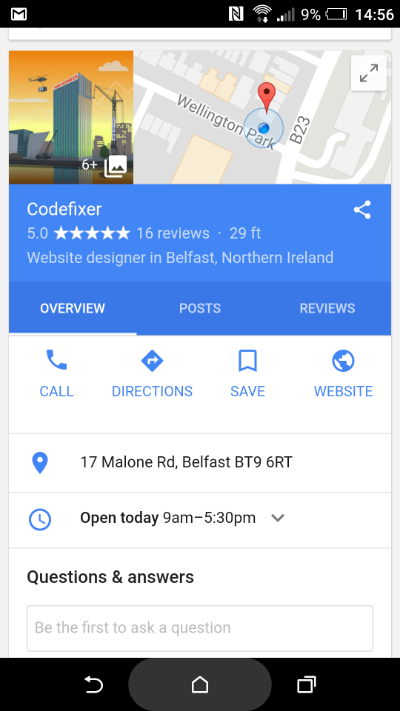The Future of Search
Voice search is currently the fastest-growing type of search, with already 55% of teenagers and 41% of adults using the trend on a daily basis. These figures are set to increase more and more each year, and we can definitely understand why. Not only does voice search offer us a futuristic approach to looking for information online, but it’s also faster and not to mention hands-free.
More and more people are using voice search on their smartphones, tablets, and voice assistants across all devices, including Apple, Android, and Microsoft. Popular types of voice search platforms you may have heard of include Siri, Alexa, Cortana, Amazon Echo and Google Home devices.
The way people search online for information is changing rapidly, meaning businesses need to start thinking about a new approach to SEO. Professionals will need to alter their search strategy to ensure their website is optimised for voice search. So the big question is… how do YOU get voice search ready?

Here are 3 top tips to help you optimise your website SEO for voice search.
Mobile Friendly
As the majority of searches are now performed on a mobile device, you need to ensure your website is mobile-friendly. Voice search is typically used on mobiles; therefore, you need to take the Google mobile-friendly test and make necessary changes to ensure your website is ranking on mobiles. Your page won’t rank at all if it doesn’t meet the mobile criteria.
Local – Claim your Google My Business
If you haven’t already, it would definitely be a good idea to brush up on your local SEO and claim your Google My Business listing. The majority of voice searches are locally focused, and claiming your listing and ensuring it has an up-to-date name, address, and phone number will improve your chances of showing up for a voice search related to your local business or local industry.

Keyword Strategy
When using voice search, consumers tend to speak in a more conversational tone rather than just saying one or two keywords. Voice search is often delivered in question phrases, so it may be a good idea to think of questions your customers ask when they call you on the phone. After you’ve taken a list of questions down, start to create content pages that focus on these conversational terms, perhaps through blog posts or an FAQ page. Try to make it as easy as possible for voice assistants to understand this content by humanising the language with natural and conversational sentences.
Thanks for reading, if you need more thorough advice & assistance on how to optimise your website for voice search please get in touch.





